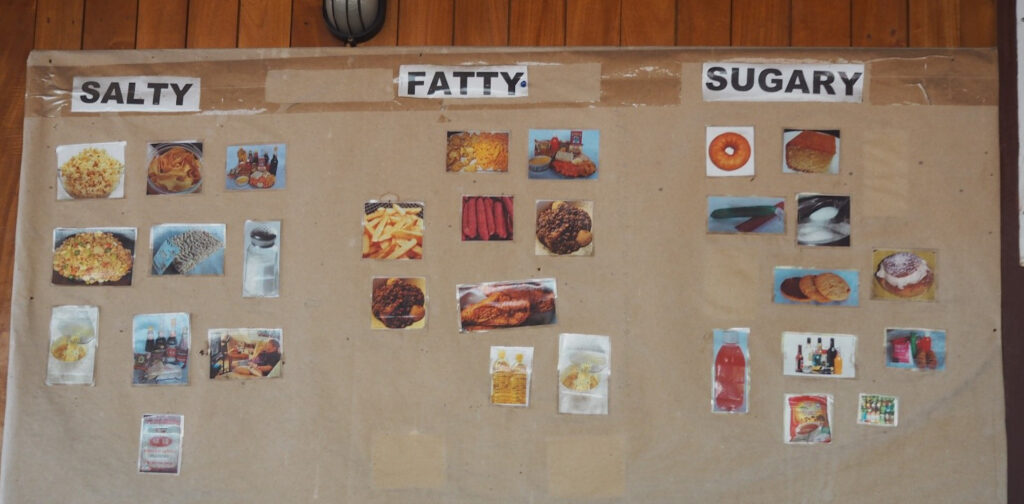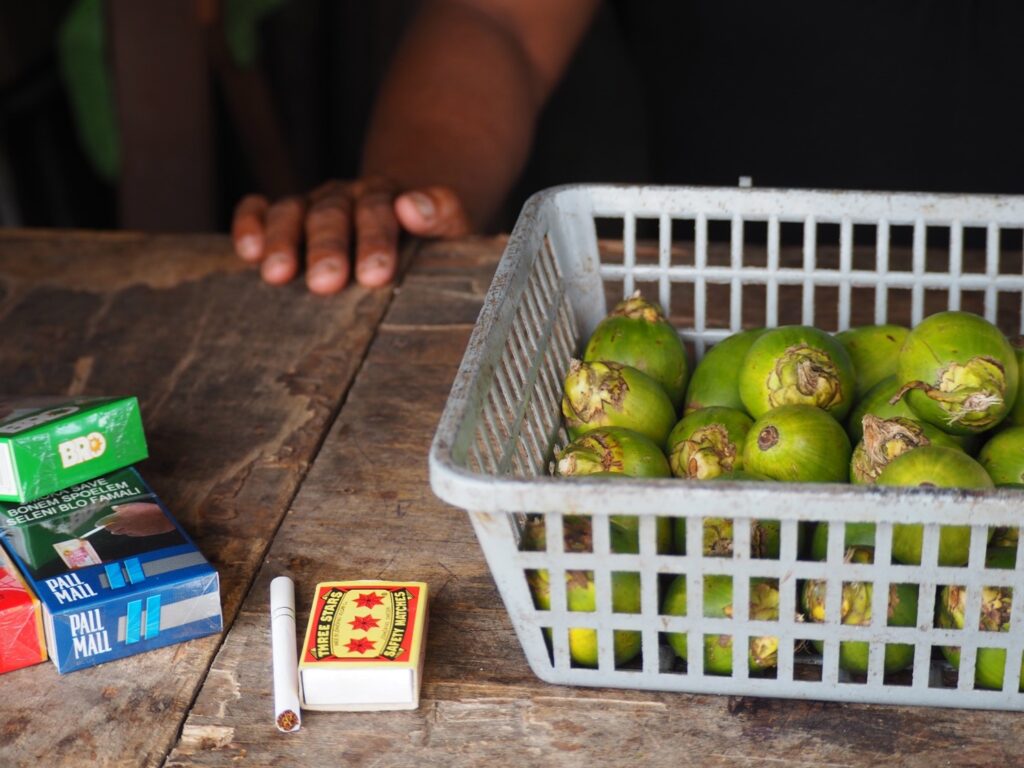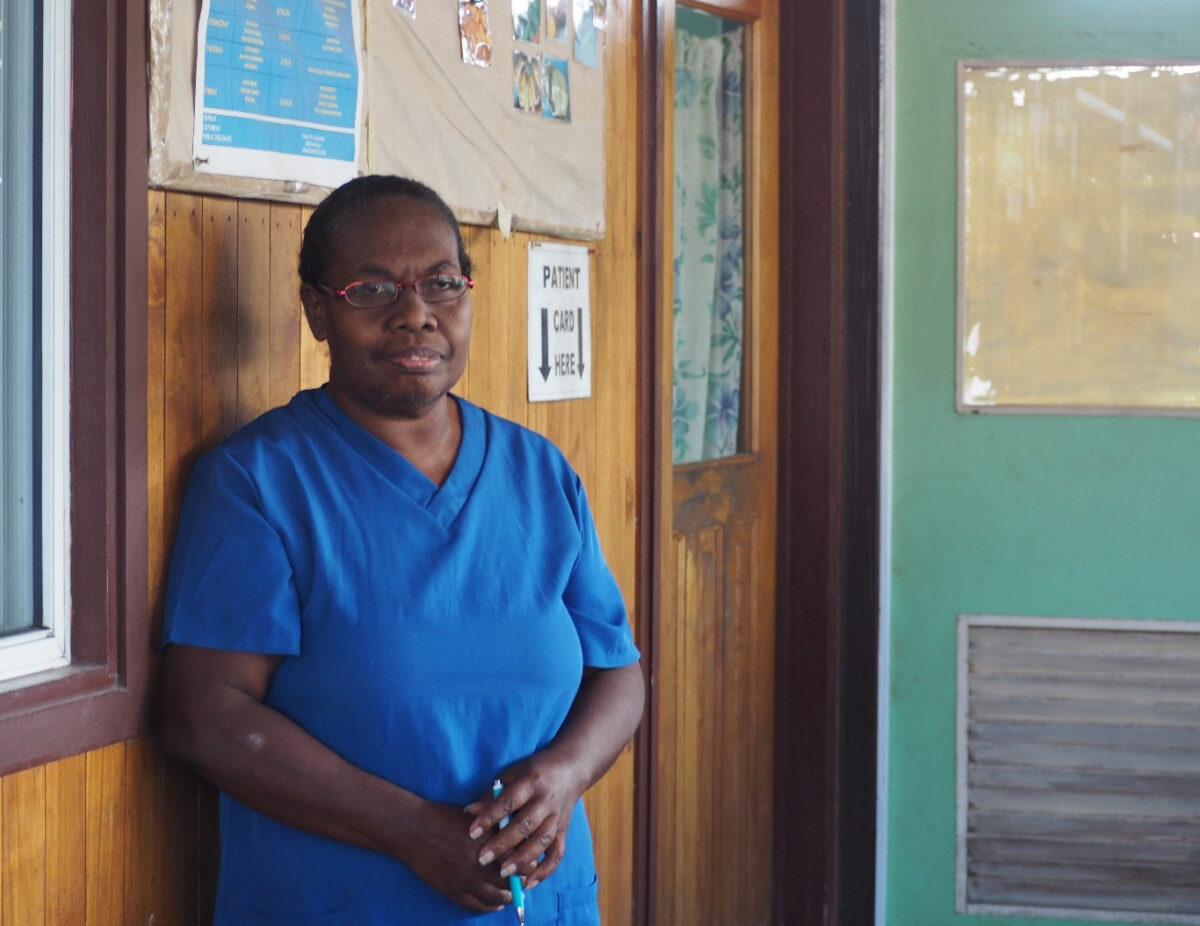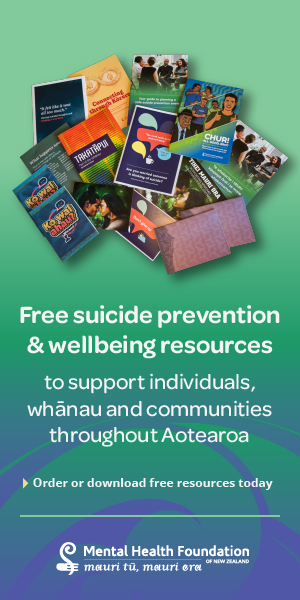VSA and the Solomon Islands
The Solomon Islands is a nation of more than 900 islands, situated to the east of Papua New Guinea. It has a population of approximately 735,000 mainly Melanesian people.
More than three-quarters of the workforce is engaged in subsistence agriculture and fishing, and the country lacks adequate fresh water, sanitation and infrastructure.
Volunteer Service Abroad (VSA) New Zealand works in the Solomons assisting in fields such as governance, agriculture, business and health.
It’s eight in the morning and already the tropical heat is sweltering. Outside the Diabetes Centre at the National Referral Hospital in Honiara, the capital of the Solomon Islands, a crowd of patients gather and wait to be seen.
Many have bandaged limbs from amputations — the devastating consequences of diabetes.
On the frontline
Stepping through the door, you quickly see the National Diabetes Centre is humming with activity. Connie Panisi and her nursing team occupy every corner of the small wooden building. The nurses attend patient after patient, while dealing with challenges such as limited resources, insufficient space and ageing infrastructure.
Panisi is the manager of the National Diabetes Centre, providing direction and clinical support amongst the hustle and bustle. She draws from 17 years of diabetes nursing experience as she leads the team.
She attended Fiji National University as a scholarship recipient, obtaining a Bachelor of Public Health and a Postgraduate Certificate in Health Service Management. Her theoretical knowledge and practical skills are underpinned by her first-hand experience of living with type 2 diabetes.
Panisi explains that this allows her to relate to the patients she cares for.
“I tell the patients – I’m diabetic too. I teach people from my own experience. I explain to them that when I eat certain foods my blood sugar goes up. I know the struggles that the patients face, not having money or time to eat healthy.
‘I tell the patients – I’m diabetic too. I teach people from my own experience.’
“I tell them that when you keep your blood sugars under control, you can delay the complications. We learn from each other.”
The National Diabetes Centre is the largest provider of outpatient diabetes services in the Solomon Islands. Panisi says the clinic sees more than 100 patients per day. Despite no formal training in diabetes care, the hardworking nurses do it all, from wound dressings to diet and lifestyle advice.
No postgraduate education available
“One big problem is the lack of education. There are no postgraduate studies in diabetes care for our nurses.
“I went to Fiji to do a Bachelor of Public Health, and I took a component in nutrition and dietetics. I’ve come back to the Solomons and taught the rest of the staff based on my experience.
“We get advice from visiting experts, but the nurses themselves haven’t done any postgraduate study. We deliver education to our patients the best we can, but we need specialised nurses and training.”
Behind the scenes

Nevalyn Laesango sits in the Ministry of Health building across the Kukum Highway from the hospital. She has spent her career striving to improve health outcomes for diabetic patients.
Like Panisi, Laesango is a registered nurse. While Panisi works on the frontline of health-service delivery — Laesango operates at a governmental level. Her official title is the national non-communicable disease (NCD) coordinator, a role that varies from consulting on legislation to facilitating workshops and coordinating provincial diabetes services.
She has coordinated diabetes research such as the STEPS survey, a surveillance project on non-communicable disease risk factors. The results of the STEPS survey have improved the understanding of the burden of non-communicable diseases in the Solomon Islands.
Insulin — one of the primary drugs used to treat diabetes — is not readily available in the country
Laesango explains the many challenges of delivering diabetes care in the Solomons. She says that insulin — one of the primary drugs used to treat diabetes — is not readily available in the country. Instead, diabetes is managed with Metformin or sulphonylurea drugs such as glipizide.
She says that geographical location also presents a significant barrier to diabetes care in the provinces.
“A small number of patients are on insulin; most are on oral tablets. It is a long way for the medicine to travel — especially out to the provinces where it might be days on a boat in the hot sun.
“Being on insulin is difficult because most people do not have electricity or a fridge to safely store the medication. We tell patients to keep their insulin in a cold insulated container in a dark place, like under the bed.”
Early diagnosis important
Panisi explains that the early diagnosis of diabetes leads to early intervention, and ultimately a better life expectancy.
Many Solomon Islanders do not realise that they have diabetes until they begin to experience complications of the disease, such as diabetic foot ulcers. By this point they may also have damaged blood vessels, impairing circulation, and reducing wound healing.
Many Solomon Islanders do not realise that they have diabetes until they begin to experience complications, such as diabetic foot ulcers.
This is partly because HbA1c testing, an important indicator of long-term glycaemic control, has been unavailable at the National Diabetes Centre for the past three to four years, due to procurement issues. It has only just become available again in the past couple of weeks.
Panisi says that without access to this critical tool, it has been difficult to prevent complications before they occur.
HbA1c reflects average blood glucose levels over a two-to-three-month period. This pathology test is used to diagnose new diabetics and monitor disease progression.
SOLPEN programme improves early detection
Laesango and her team at the Ministry of Health have implemented the SOLPEN (Solomon Islands Packaging of Essential Intervention for NCD) programme to improve the early detection of diabetes.
The country-wide programme was implemented in conjunction with the World Health Organization (WHO) and has been rolled out across the nine provinces of the Solomons.
SOLPEN enables nurses to screen for new cases of diabetes and provides an assessment tool to determine if the disease is worsening. The nurses take vital signs, blood sugar levels, ask questions and obtain a family history. This information is then used to calculate a risk score and create a treatment plan.
Panisi says the nurses at the National Diabetes Centre have found the SOLPEN programme very helpful.
“SOLPEN has given us a way to properly assess patients. We can tell them their risk factor, and that they have ‘x’ amount of years before they will start developing complications from diabetes.
“It helps us to decide what treatment plan is right for them. If they are in the medium or high-risk category, SOLPEN tells us how frequently we need to see them in clinic.”

Shift away from traditional lifestyles
Panisi and Laesango agree that traditional Solomon Islands “village life” promotes physical activity and a healthy diet. However rapid urbanisation has caused a shift away from traditional living.
More Solomon Islanders are now choosing convenience food and adopting sedentary behaviours. The two nurse leaders believe this has contributed to the diabetes crisis the Solomons is now facing.
Laesango explains that diabetes is influenced by lifestyle choices, and that risk factors such as physical inactivity, unhealthy diet, smoking, chewing betelnut and excessive alcohol consumption influence the development of the condition. Panisi says that all these risk factors are widespread in Solomon Islands.
‘Now they have solar power and would rather stay inside and watch TV. They are living a more sedentary lifestyle.’
“When people were living in villages – they were active, out working in [communal] gardens all day. Now they have solar power and would rather stay inside and watch TV. They are living a more sedentary lifestyle.
“There is a lot of healthy kaikai [food] available at the market — things like fish, fern, cabbage, cassava, and taro, but it is not always affordable. Some people can’t afford to maintain a healthy diet.
“Empty carbohydrates like rice and noodles are very cheap and fill you up fast. People want convenience.”

Working together to beat diabetes
Diabetes develops due to many lifestyle factors — therefore addressing the crisis extends beyond the health system. The inundation of patients at the National Diabetes Centre is the cumulative effect of several larger systemic issues. Panisi and her team are the metaphorical “ambulance at the bottom of the cliff”.
Laesango says that to tackle the diabetes crisis, a whole of government, whole of society approach must be taken. This means all sectors, from law enforcement to agriculture, should consider their potential impact on the health of the Solomon Islands population.
She explains that different stakeholders such as churches, government, private businesses, and NGOs must all be involved — only by working together can the crisis be addressed.
“The main message I want to tell people is that we need to work together to beat diabetes — including the government and across all sectors. Everyone has some responsibility.”
Katie Croom, RN, GradCert (development studies), Postgrad Cert (public health), is a New Zealand nurse on assignment with Volunteer Services Abroad (VSA) at the National Referral Hospital in Honiara, Solomon Islands.




